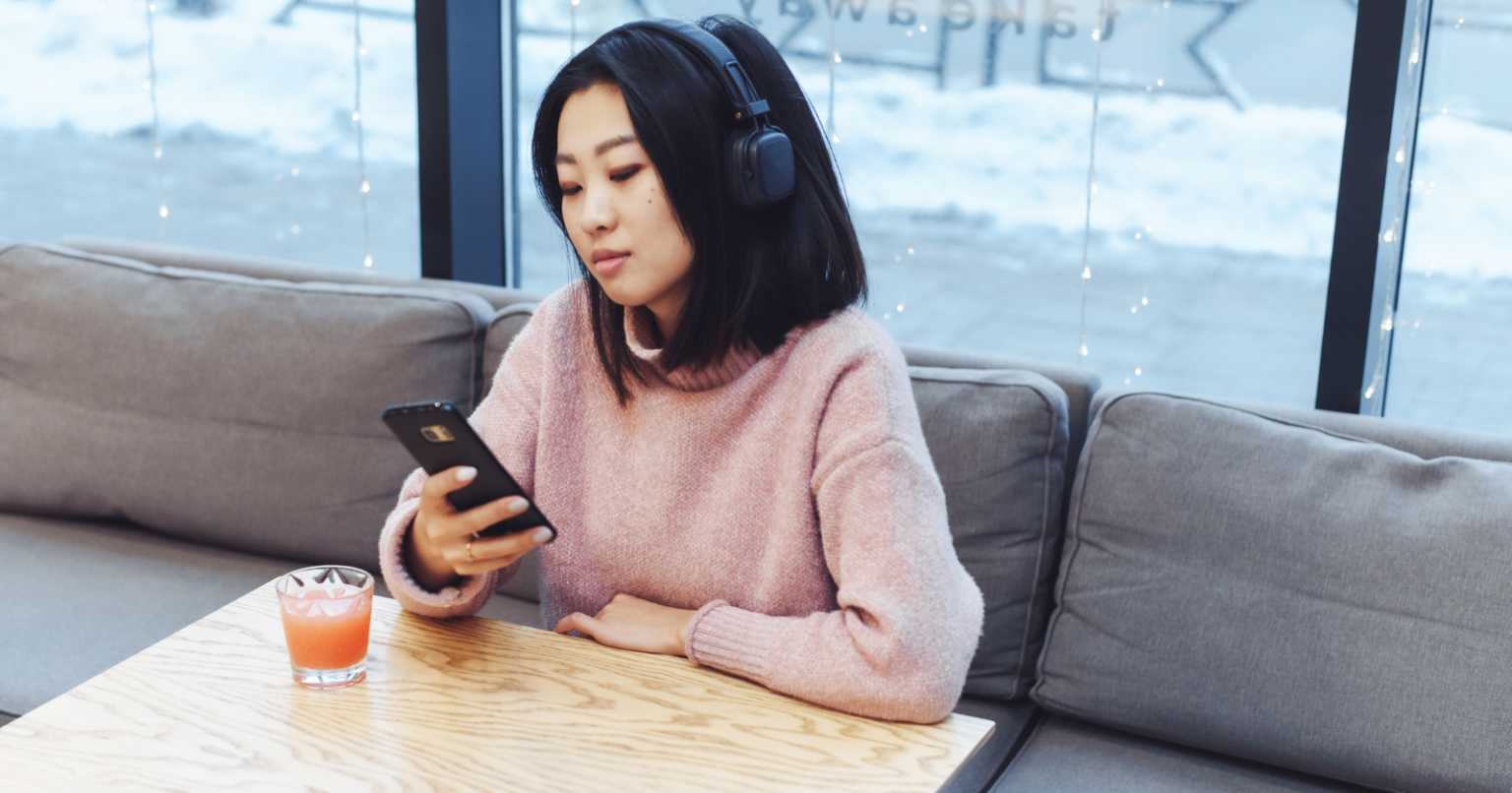Waiting in line for coffee, I caught myself tapping through apps I didn’t even care about.
No notifications, no urgent messages—just the reflex to look busy while strangers milled around me.
That tiny habit reminded me how easily our public behavior becomes a billboard for our deeper worries.
Today I’m unpacking nine subtle moves many of us make when our fear of being judged kicks in.
My hope is simple: when you spot a pattern, you can swap reflex for choice.
1. Gluing your eyes to your phone the moment you’re alone
Grabbing the phone feels safer than meeting a gaze.
Psychologists call this a safety behavior—an action meant to lower anxiety on the spot but one that keeps long-term fear intact.
If I leave the screen face-down and tolerate the small discomfort, the urge usually fades within minutes.
That window is where real confidence grows.
What might you notice in the room if you let your screen rest for a beat?
The habit gives you something to do, which can feel like control in a moment of social unpredictability.
But control isn’t the same as presence.
You might miss an unexpected smile, a shared glance, or a moment of stillness that feels strangely grounding.
2. Saying “sorry” when you’re not at fault
Sliding past someone in a grocery aisle, you whisper an apology even when you didn’t bump the cart.
Excessive apologizing signals a belief that your mere presence is an inconvenience.
Research on fear of negative evaluation (FNE) shows that people high in FNE over-correct to avoid triggering criticism.
Try replacing an automatic “sorry” with “thanks for letting me pass.”
It shifts you from self-blame to mutual respect in one sentence.
The over-apologizing can also reinforce a false narrative that you’re always the problem.
It teaches people to expect you to shrink instead of take up space.
And the more often you do it, the more natural it feels to devalue your own needs.
3. Laughing at jokes you don’t find funny
A quick laugh smooths social edges, but forced mirth can betray anxiety.
Studies on social anxiety describe impression-management safety behaviors—actions meant to look agreeable rather than authentic.
When the punchline falls flat, a simple smile or a nod keeps connection alive without selling out your own sense of humor.
We laugh to blend in, not because we find something truly amusing.
That fake laugh becomes a mask, keeping us from expressing real preferences.
Eventually, people don’t know what actually makes you laugh—and you might forget, too.
4. Softening your stance with “maybe” and “just”
I catch myself padding opinions: “I just think maybe we could…”
Those little hedge words act like verbal bubble wrap.
They protect me from disagreement but dilute my voice.
- Swap “I just think” for “I believe”
- Drop “maybe” and state the idea plainly
- End with a question only when you genuinely want feedback
These tweaks feel edgy at first, yet the clarity that follows is worth the risk.
The habit is subtle, but it signals to others that your ideas are tentative—even when they aren’t.
People tend to mirror your confidence level, so when you undercut yourself, they follow suit.
Clear, firm language doesn’t make you bossy; it makes you visible.
5. Picking the corner seat instead of the spotlight
Choosing the chair closest to the wall lets you scan a room without being scanned.
Researchers tracking daily stress in socially anxious adults found that withdrawal behaviors spike when evaluation feels likely.
Next time you enter a meeting, experiment with a seat one position closer to the center.
Notice how your posture—and the conversation—shift.
Corners feel safe because they keep attention at bay.
But staying there too often can also leave you out of the action, out of the influence, and sometimes out of opportunities.
Discomfort is often the price of growth, and one inch toward the center is still progress.
6. Fixing your hair in every shiny surface
A 2025 study on appearance-management behaviors confirmed what many of us suspect: heightened social anxiety can fuel compulsive grooming, even risky cosmetic decisions.
A quick mirror glance is normal.
But if you can’t pass a window without checking your reflection, ask what story you’re trying to correct.
Mindful breaths often settle the impulse faster than another hair flip.
At its core, this behavior often stems from a fear of looking “out of control.”
You may think you’re adjusting a strand, but underneath it’s an attempt to manage perception.
What if you chose to believe you’re already enough, just as you are, without the adjustment?
7. Asking “Is this okay?” about trivial choices
From ordering lunch to choosing a meeting time, constant permission-seeking outsources your own judgment.
Try deciding on the salad dressing yourself once this week.
Small acts of autonomy snowball into bolder ones.
When you ask for approval out of habit, you may lose trust in your own voice.
Over time, you might even forget what you actually prefer.
Autonomy isn’t just a skill—it’s a muscle, and it needs use to grow.
8. Wearing earbuds to dodge small talk
I used to tuck earbuds in—even with no music—before riding the elevator.
It signaled “busy,” sparing me from the unknown of conversation.
Yet every avoided hello was a missed micro-practice in connection.
As Brené Brown reminds us, “Courage starts with showing up and letting ourselves be seen.”
Pulling out one earbud turns the elevator into a 30-second courage rep.
You don’t have to become the chatterbox in every room.
But presence doesn’t require a performance—just your attention.
You might be surprised what softens in someone else when you simply stay open.
9. Avoiding direct eye contact longer than a glance
Eyes invite feedback—positive or negative—so a quick look away feels safer.
When I teach yoga, I practice a three-second eye contact rule: meet, breathe, release.
It’s long enough to signal presence, yet short enough to feel manageable.
You don’t need to stare or force intensity.
You’re simply communicating: I see you, and I’m here.
That quiet message can shift the tone of an entire interaction.
Final thoughts
We’re almost done, but this piece can’t be overlooked: every small public habit is a conversation with your own nervous system.
Choose curiosity over self-judgment when you spot one.
As Carl Rogers once noted, “The curious paradox is that when I accept myself just as I am, then I can change.”
Which habit will you test first—phone down, hedge words gone, or earbuds out?
Your answer is the first step toward walking through the world on your own terms.
And remember: being seen, little by little, is how we slowly stop hiding from ourselves.







